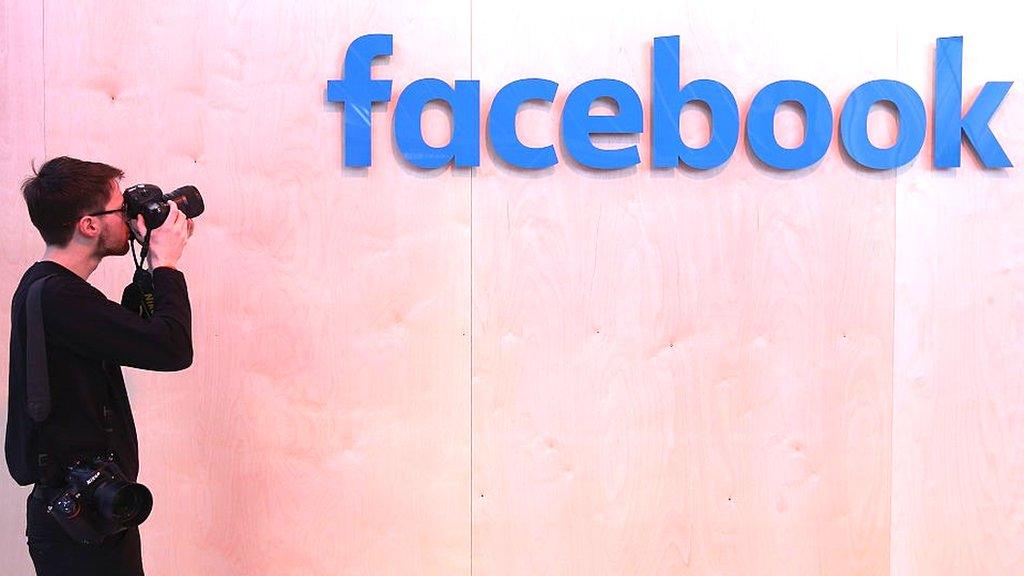Social networks 'too slow' on rights changes
- Published

Social media firms need to do more to protect consumer rights
Social media firms need to do more to tackle fraud and scams on their platforms and make their terms and conditions fair for all consumers, the European Commission (EC) has said.
Google, Facebook and Twitter were asked in November 2016 to come up with changes in these areas.
European Commissioner for Justice, Vera Jourova, said it was unacceptable that the changes were "taking so much time".
She said that changes so far only partially fulfilled the requirements.
Google+'s latest proposals are in line with the requests made by European consumer authorities but Facebook, and more significantly Twitter, have only partially addressed issues.
The sticking points appear to be over their liability and about how users are informed about content removal or contract termination, the European Commission said.
Back in November 2016, EU consumer authorities wrote to the social media firms expressing unease about a range of consumer rights issues, following a series of consumer complaints.
Since then, the social media operators have agreed to amend:
the terms of services limiting or totally excluding the liability of social media networks in connection with the performance of the service
the terms requiring consumers to waive mandatory EU consumer rights, such as their right to withdraw from an online purchase
the terms depriving consumers of their right to go to court in their member state of residence, and providing the application of California law
the term releasing the platform from the duty to identify commercial communications and sponsored content
All three promised to implement the changes to their terms and conditions in the first quarter of 2018.
Specific timeframes
When it comes to the removal of illegal content, the EC felt that the companies could do more. While Google+ has promised deadlines to deal with requests, Facebook and Twitter have only agreed to provide a dedicated email address that national authorities can use to notify infringements.
However, they have not committed to deal with such requests within specific timeframes.
Ms Jourova said: "As social media networks are used as advertising and commercial platforms, they must fully respect consumer rules.
"I am pleased that the enforcement of EU rules to protect consumers by national authorities is bearing fruit, as some companies are now making their platforms safer for consumers. However, it is unacceptable that this is still not complete and it is taking so much time."
The EC published a table, external charting the changes requested by it and the response from the three firms.
- Published12 February 2018

- Published27 November 2017
